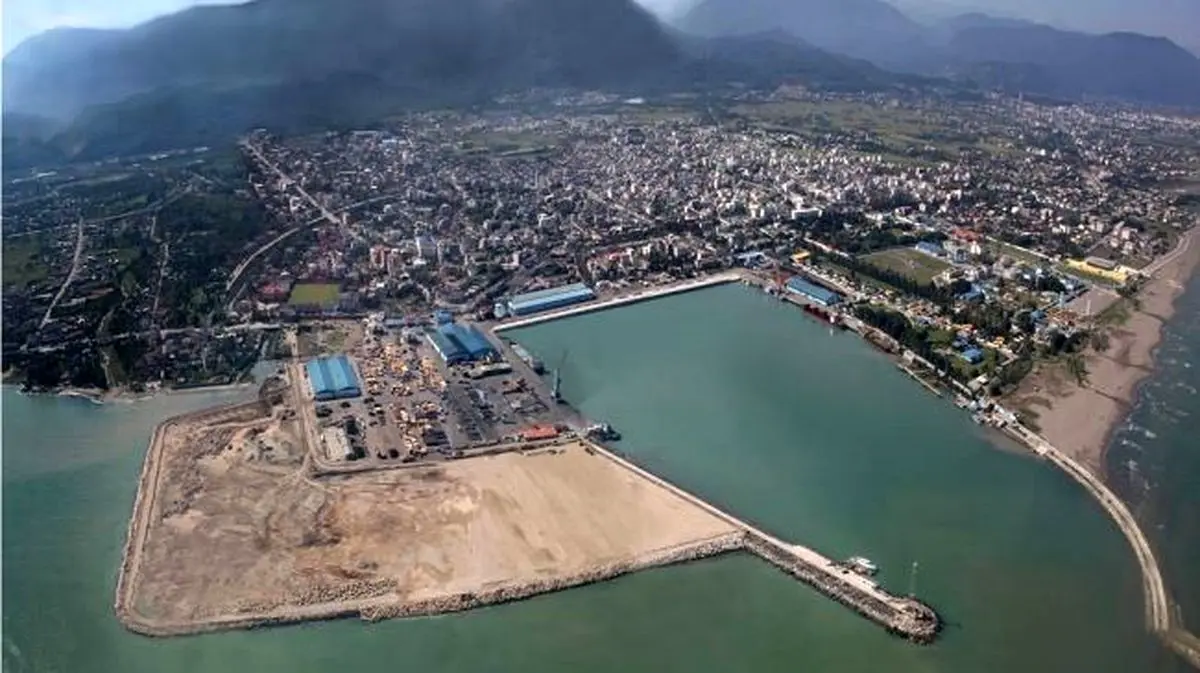India’s chabahar project hangs on diplomatic talks with US

The trilateral engagement involving India, Iran and Afghanistan discussed during the visit of Indian Prime Minister Narendra Modi to Iran in May 2016 expanded avenues of trade for India with Iran, Afghanistan, Central Asia and Russia through the International North-South Transportation Corridor.
Chabahar, Iran’s only oceanic port, consists of two separate ports named Shahid Kalantari and Shahid Beheshti—each of which have five berths, reads an article published by Indian news organization FirstPost. Excerpts follow:
India and Iran first agreed upon plans to further develop Shahid Beheshti Port in 2003, but India was deterred by sanctions against Iran. Under the India-Iran agreement of May 2016, India is to refurbish one of the berths at Shahid Beheshti, and rebuild a 600-meter container handling facility at the port.
The bilateral agreement between India and Iran gives India the right to develop two berths of Chabahar as agreed in 2015, allowing them to be operated for 10 years by India Ports Global Pvt. Ltd.—a joint venture between Jawaharlal Nehru Port Trust and Kandla Port Trust, in partnership with Iran’s Aria Banader.
Along with the development of Chabahar Port, India is also to construct a railroad linking Chabahar with Zahedan on the Iran-Afghanistan border, which beyond Zahedan will be linked to the Islamic Republic of Iran Railways running west and then north close to the Iran-Afghanistan border, avoiding the volatile Helmand Province of Afghanistan.
India’s development of Chabahar will be at a cost of $85 million over the course of 18 months. Upon the completion of upgrade work agreed to in May 2016, Chabahar’s capacity will be increased to 8 million tons from the current 2.5-million-ton capacity.
India’s investment is supplemented with a $150 million credit line to Iran through the Exim Bank of India. India has also offered to supply $400 million worth of steel for the construction of the railroad linking Chabahar and Zahedan.
Chabahar Port and INSTC give India the strategic access for trade with Afghanistan and Eurasia, bypassing the land route through Pakistan.
Prior to the Indo-Iranian agreement on Chabahar, Iran had offered the same project to China and Pakistan also in addition to India, with China and Pakistan not responding.
Iranians grudge that India agreed to develop Chabahar in 2003 but despite US being amenable to India doing so, India remained complacent. However, it did emerge in 2015 that there were problems in clearing backlog payments for imported Iranian oil even through European banks because of the sanctions.
END
